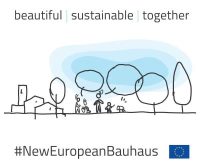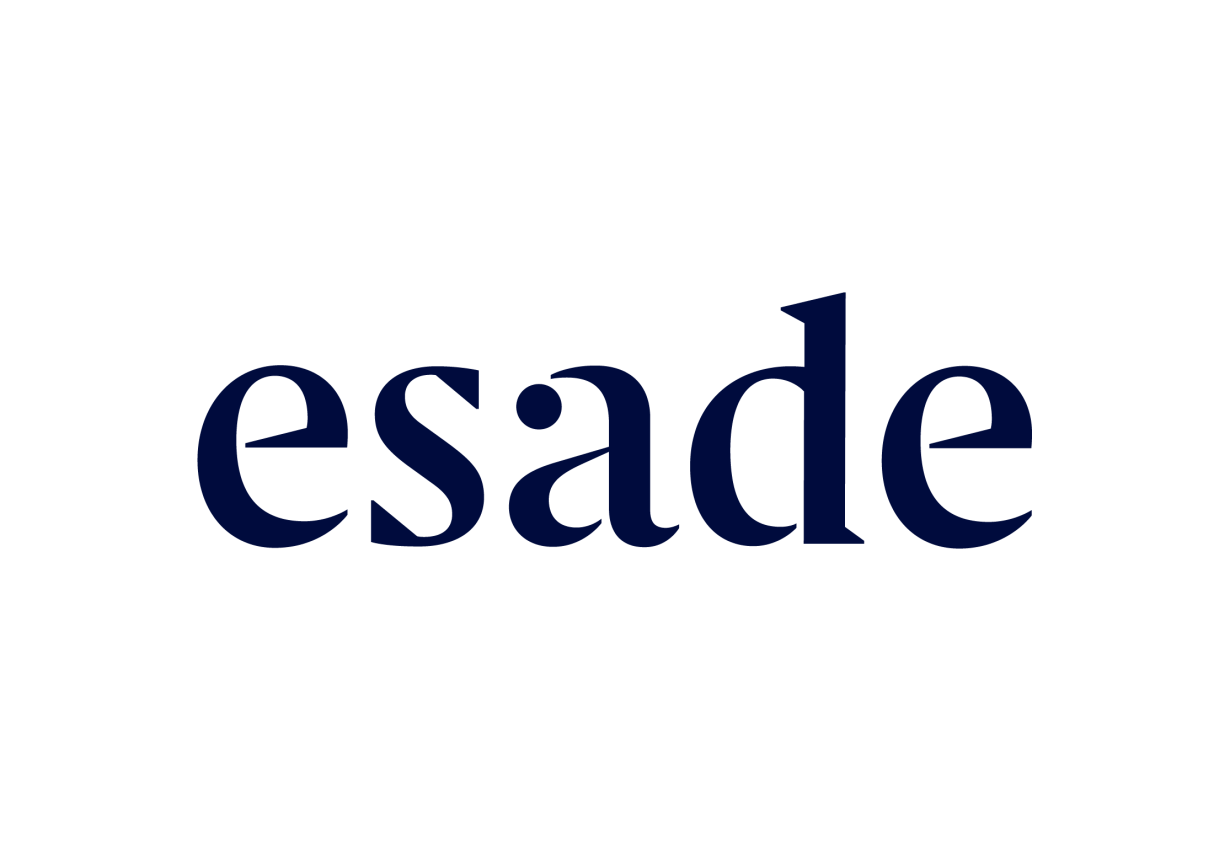How can residential energy efficiency help the EU to be Fit for 55? A workshop organised by the Sciences Po Climate Chair at the EIB Brussels office allowed experts from the European Commission and the EIB to exchange views with civil society and Brussels representatives.
Chaired by Charlotte Halpern (Sciences Po, CEE & LIEPP) and Fulceri Bruni Roccia (EIB), Head of the Institute’s Knowledge Programme, the workshop kicked off a research project “Policy Instruments For The Residential Energy Efficiency Sector: Enabling Mechanisms For A Fit For 55 Efficient Transition” (PIREES55) with Sciences Po and Cambridge University (Prof. Cristina Peñasco).
Based on inputs from the European Commission and the EIB it allowed experts to exchange and discuss the next steps of EU energy efficiency policies.
In July 2021, the European Commission launched its recast proposal for a revised Energy Efficiency Directive (EED) within the “Fit for 55” package, which aims to reach at least 55% net greenhouse gas emissions reduction by 2030 in line with the European Green Deal.
Russia’s attack on Ukraine has brought a renewed sense of urgency to the discussions.
Energy efficiency is one of the quickest, fastest and more cost-effective ways to deliver all together climate, energy and social goals in Fit for 55-package, the RePowerEU communication and the common agreement of EU member states on a voluntary reduction of natural gas demand by 15%.
But with the negotiations of the updated EED coming to their last phase, How can it be swiftly and ambitiously implemented in the EU Member States? Is further guidance and governance needed at the European level? Which measures and policy options should be front loaded to deliver quick results? Did the negotiations leave out policy options that could be taken up in the next round of designing policies? How can action especially on energy efficiency in the building sector be enhanced with a clear gap between intended and implemented retrofit decisions?
The research project aims to look into these questions by aligning closely with experts and policy actors.
To promote knowledge transmission, the Institute is supporting two university chairs, the EIB Chair on Climate Change Policy and International Carbon Markets (“EIB Climate Chair”) at the European University Institute (EUI) in Florence and the European Chair for Sustainable Development and Climate Transition at Sciences Po in Paris.





